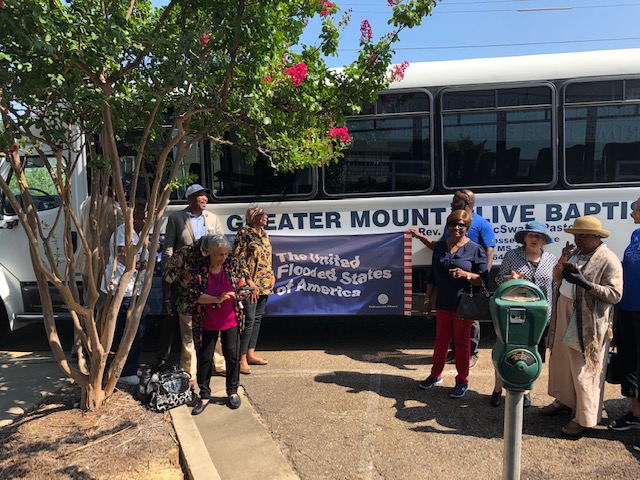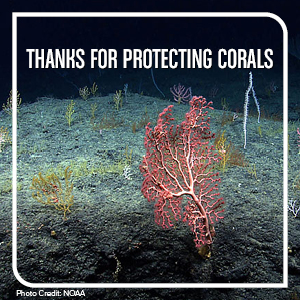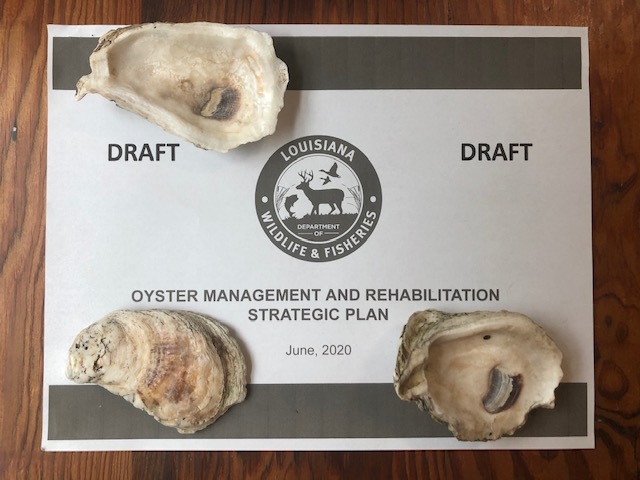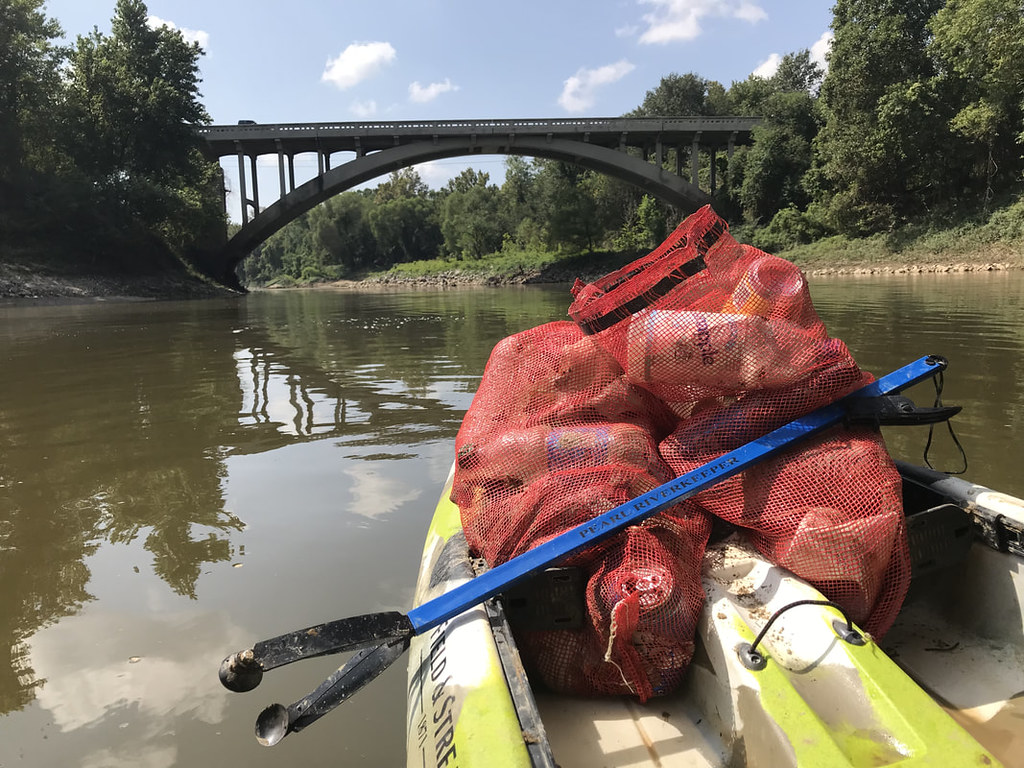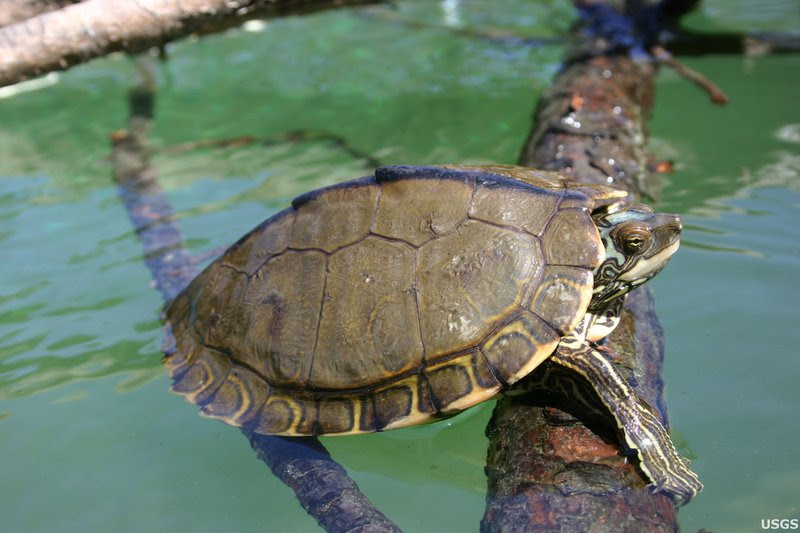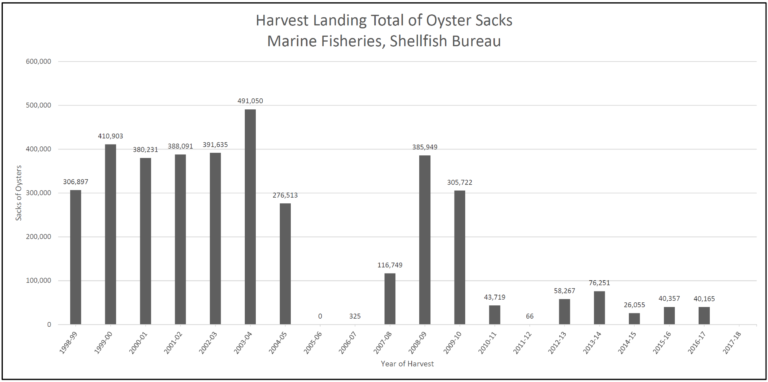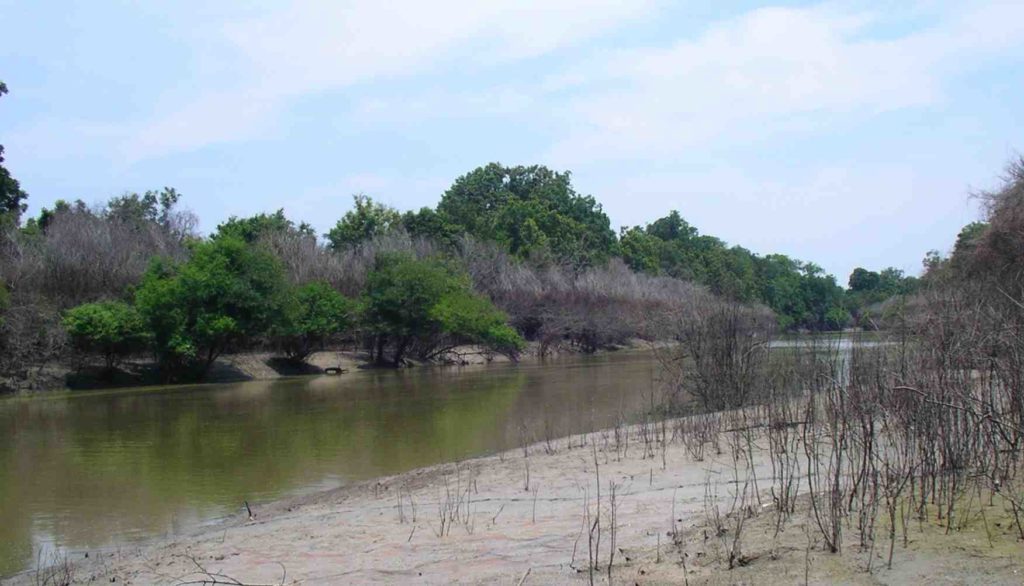North Gulfport Residents Defend their Wetlands and Community Health Against Port Project
Citizens from North Gulfport oppose wetland filling that would allow the State Port to build a rail/truck transfer facility next to their neighborhoods. Environmental Justice issues are contained in the appeal. Residents who live adjacent to the project site are concerned that soil and water pollution contained there will be mobilized with development and affect their health, property and quality of life. A 70 year old brownfield site – a closed fertilizer plant – has left soil and groundwater tainted by arsenic, lead and carcinogens that could find their way to the surface if the site is developed. The evidentiary hearing on the Mississippi State Port Authority’s Clean Water Act State water quality certification began this week at the MDEQ Commission Room in Jackson, but is continued until May.
North Gulfport Residents Defend their Wetlands and Community Health Against Port Project Read More »

